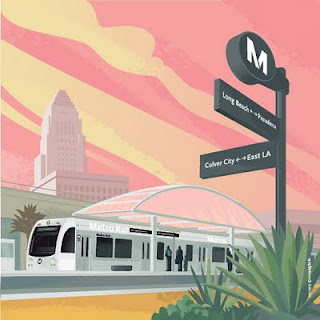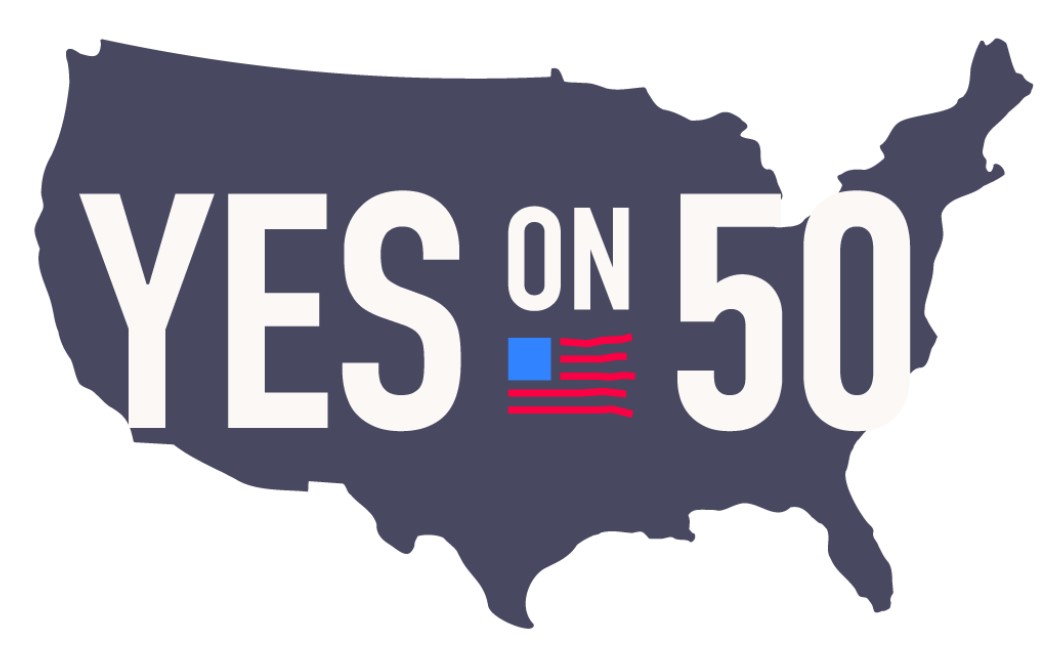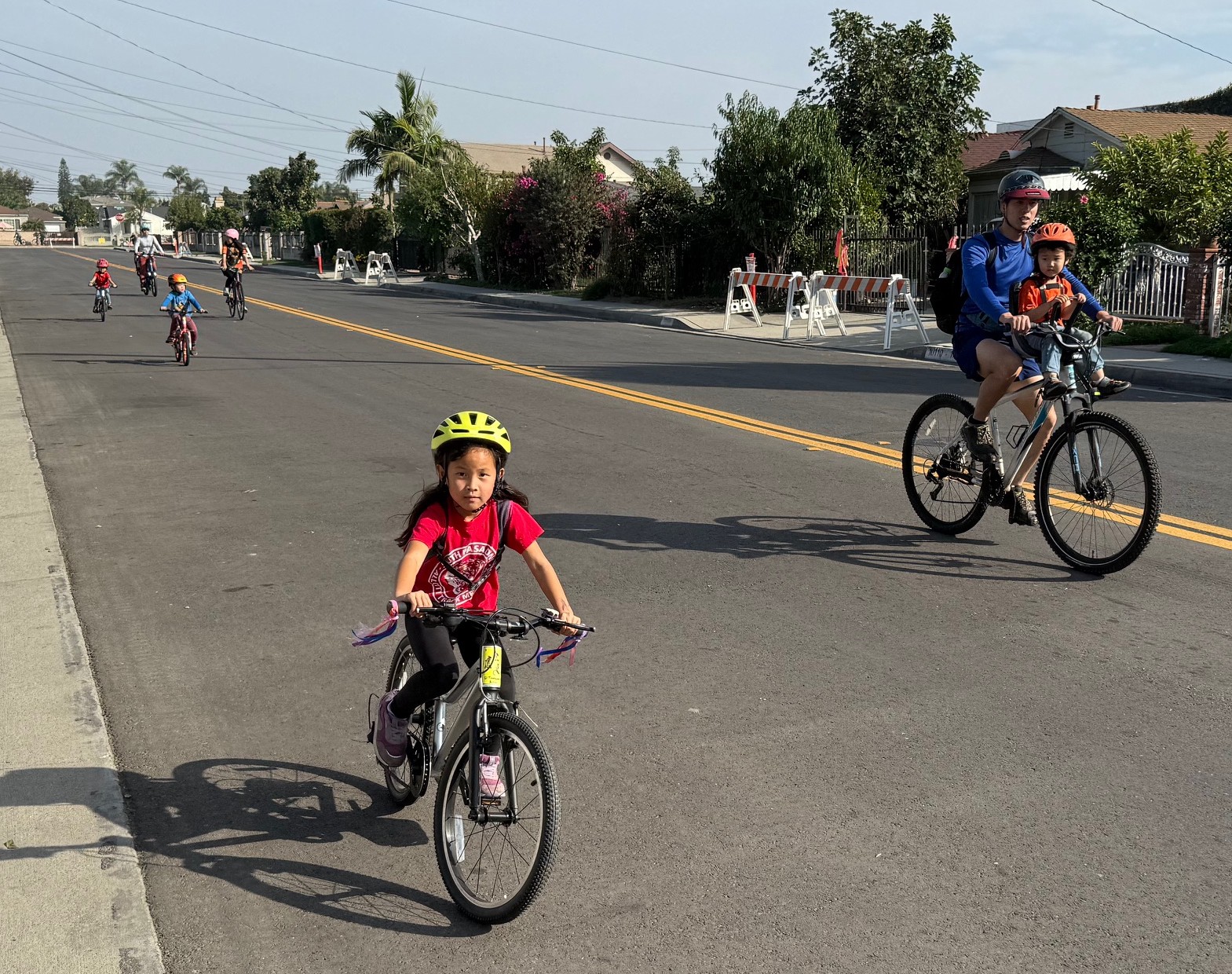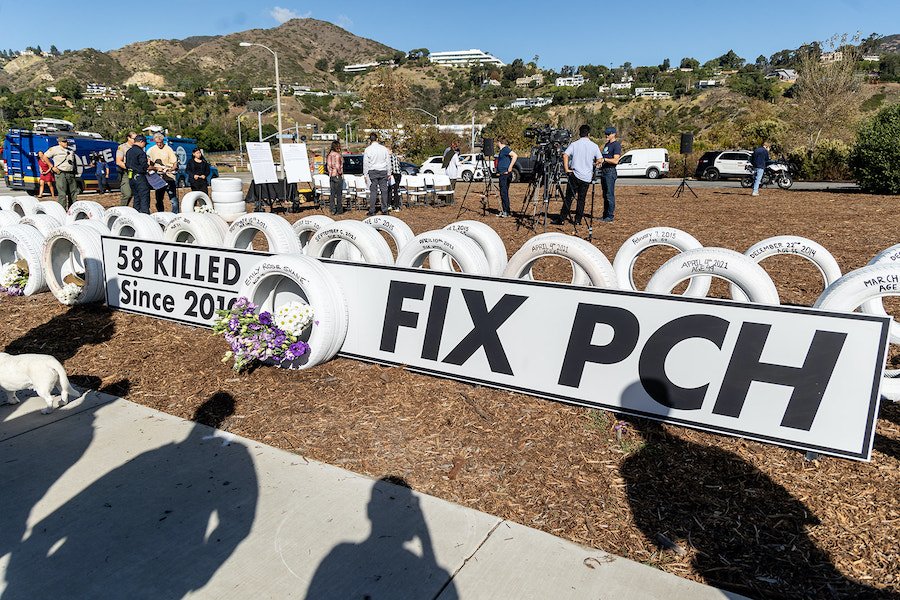After two months of delay, and after being pushed to second on today's agenda behind the Westside Subway, the Regional Connector finally had a moment to shine at the Metro Board of Directors. The environmental documents approving the Connector passed seven to zero. The official twitter account for the Regional Connector celebrated by noting that the "Regional Connector has gone from a study to a project. How cool is that?" Given that the Connector is perhaps the most important project in the region, connecting all existing and future transit lines, the final passage of the environmental documents is very cool.
While the environmental documents were approved, a motion to allow Metro to move into "final design" of the project with their current contractor passed with amendments that required Metro staff to continue to work with hotels and financial institutions along the Flower Street route before moving into final design. If staff and representatives from Flower Street can't reach an agreement, then it would be up to contractos to determine if the desired modifications can be reached within the project budget.
Over the past two months, Metro staff worked with the Little Tokyo community and Financial District representatives to reach a compromise between the initial environmental documents and the concerns of the Financial District.
Metro delayed a vote on the Regional Connector environmental documents so that staff and business in the hotel industry and Financial District could work out a compromise. With many of the major players from the Financial District absent from today's meeting, the extended tunneling proposed for the Regional Connector, it will now be tunneled with a "deep bore" method for the entire route minus one block from 4th Street to Fifth Street on Flower. The Source has a complete list of the changes made to the Regional Connector environmental documents to reach a compromise.
Other former Regional Connector opponents were also on-hand to voice support for the current alignment.
"Little Tokyo immediately recognized the impact of the Regional Connector to our community," stated Chris Aihara, representing the Little Tokyo Community before thanking staff for working with the community to create a project they felt protected their community. Mike Okamoto with the Little Tokyo Business Council later expressed support for the project but warned that details still need to be addressed for a mitigation plan.
The opposition that remained came mostly from the regional hotel industry that worried that the "cut and cover" construction planned for 4th and 5th Streets along Flower Street. The Westin Bonaventure Hotel worried that the compromise reached between Metro and the Financial District left them out and could endanger not only their ability to attract new business but could invalidate existing contracts because of a clause allowing for "cancellation if construction is occurring on their property." While the language is clearly to protect hotel patrons from paying for premium rooms in a hotel undergoing renovations, Westin staff worried Metro construction could invalidate many of their contracts.
The project is partially funded with $160 million allocated from the Measure R sales local. The proposed federal budget from President Obama identifies another $31 million that would become available if it passes the House of Representatives and Senate. The remainder of funding is identified through a combination of state funding sources that include proceeds from the California High-Speed Rail Bond, additional local funds and a 50 percent requested match from the federal New Starts program.
Next up, Metro plans to schedule station design meetings for the project in June.







